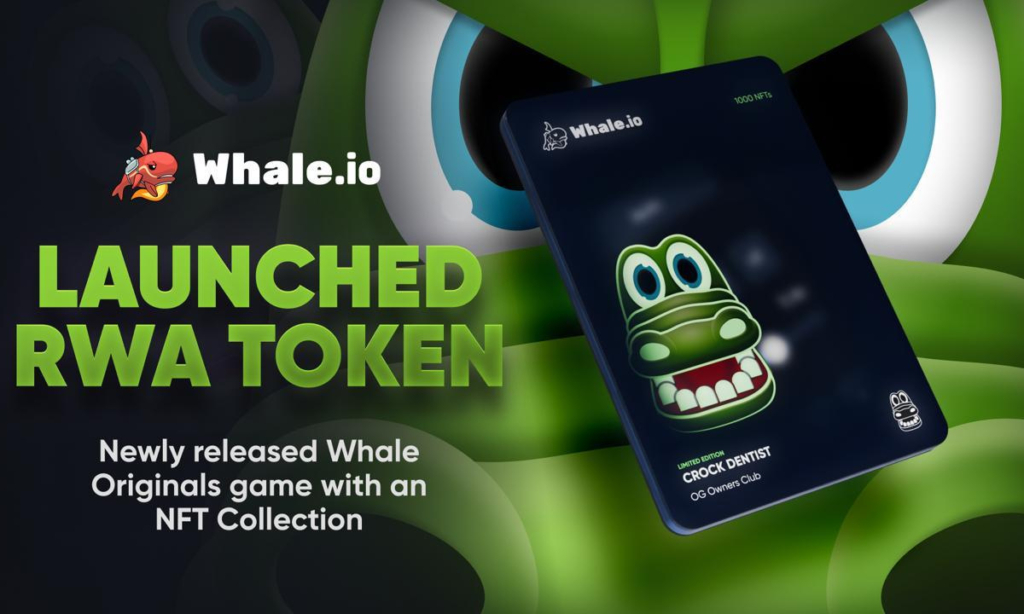One potential way that zero-knowledge proof systems could change the future of identity is by allowing individuals to prove their identity in a more secure and private way.
Currently, individuals often have to provide personal details, such as their name, date of birth, and address, in order to prove their identity for online transactions or to access certain services.
This information can be vulnerable to hackers or other malicious actors who may try to steal it for their own purposes.
With zero-knowledge proof systems, individuals could instead prove their identity by providing a proof that they possess certain information without revealing the actual information itself.
For example, an individual might be able to prove that they are over a certain age by providing a proof that they possess a government-issued ID that indicates their date of birth, without actually disclosing their date of birth or any other personal details from the ID.
In this way, zero-knowledge proof systems could help protect the privacy of individuals by enabling them to prove their identity without having to reveal sensitive personal information.
This could be particularly useful for protecting against identity theft, as it would make it much harder for hackers to obtain the information they need to impersonate someone else.
In addition to enabling more secure and private methods of proving identity, zero-knowledge proof systems could also be used to protect the privacy of user information in databases.
For example, a database administrator could use a zero-knowledge proof to verify that a user has the right to access certain information without actually revealing the contents of the information itself.
This could be useful for protecting the privacy of sensitive information, such as medical records or financial data.
Overall, while zero-knowledge proof systems are still an active area of research and development, they have the potential to change the way that identity and user information are managed and protected in the future.



